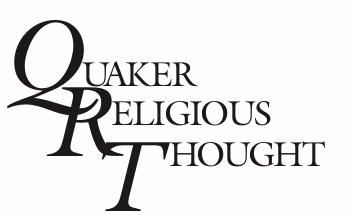
Abstract
Expressions of Quakerism in the past have not generally been particularly connected to the places in which they are located. Members of the Religious Society of Friends have emphasized the ability to connect with the sacred wherever one is, not only in a building set aside for worship or a holy site. The traditional Friends’ worship practice only requires meeting with others in silence to listen to the leading of the Spirit; this can be done anywhere and does not assume the geographical location is of particular importance. While the Friends witness that the presence of God is not limited to church buildings is important, it has had the unfortunate effect of disconnecting individual Friends and Friends meetinghouses from the places in which they are located. Additionally, since the Quaker movement began and spread amidst European and American cultures celebrating colonization and continued expansion, earlier generations of Friends of European descent tended not to question the practices of overuse, extraction, and pollution of places: they simply moved to another place when their current location was depleted of nutrients.
Recommended Citation
Bock, Cherice
(2023)
"Developing A Quaker Theology Of Place: Community Flourishing In An Era Of Climate Change,"
Quaker Religious Thought: Vol. 140, Article 2.
Available at:
https://digitalcommons.georgefox.edu/qrt/vol140/iss1/2
